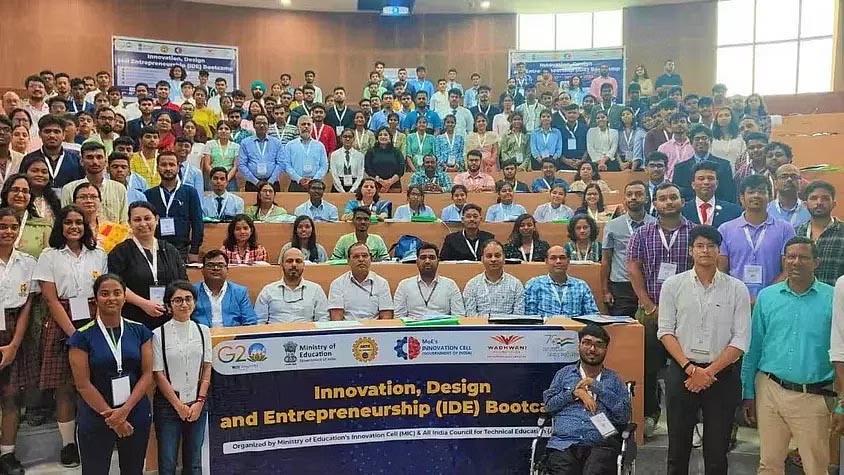CBI arrests defence journalist, former Navy commander in spying case

NEW DELHI: The CBI has arrested freelance journalist Vivek Raghuvanshi and former Navy commander Ashish Pathak for allegedly collecting sensitive information on defence matters and passing them on to foreign intelligence agencies, officials said on Wednesday.
Raghuvanshi and Pathak were produced before a special CBI court which sent them to six days custody of the agency, they said.
The Central Bureau of Investigation (CBI) had taken over the probe from the Delhi Police Special Cell, which was on the trail of Raghuvanshi since September last year, after getting information that some Indian journalists were collecting and passing on such information to foreign intelligence agencies having potential to disturb relations with friendly countries.
The information received by the Special Cell suggested that a journalist was illegally collecting “sensitive details” about “future procurement of armed forces which reveal the strategic preparedness of our country’s classified communications/information related to national security, and details of strategic and diplomatic talks of India with our friendly countries, which can spoil the bilateral relations of India with them,” the FIR said.
According to the Special Cell’s FIR, Raghuvanshi allegedly procured and supplied such information to intelligence agencies of foreign countries.
On directions of the Ministry of Home Affairs, the CBI took over the case on December 9 last year registering the FIR against Raghuvanshi, they said.
After a detailed background work and maintaining surveillance, the CBI on Tuesday carried out a raid at 12 places in Delhi-NCR and Jaipur where Raghuvanshi apparently resides, they said.
Raghuvanshi, who is listed as India correspondent of a US-based portal on defence and strategic affairs on its website, was then taken into custody with Pathak.
The agency has booked Raghuvanshi and Pathak under Section 3 (spying) of the Official Secrets Act and with Section 120-B (criminal conspiracy) of the Indian Penal Code.
Several sensitive documents were recovered during the searches and sent for legal scrutiny, officials added.





